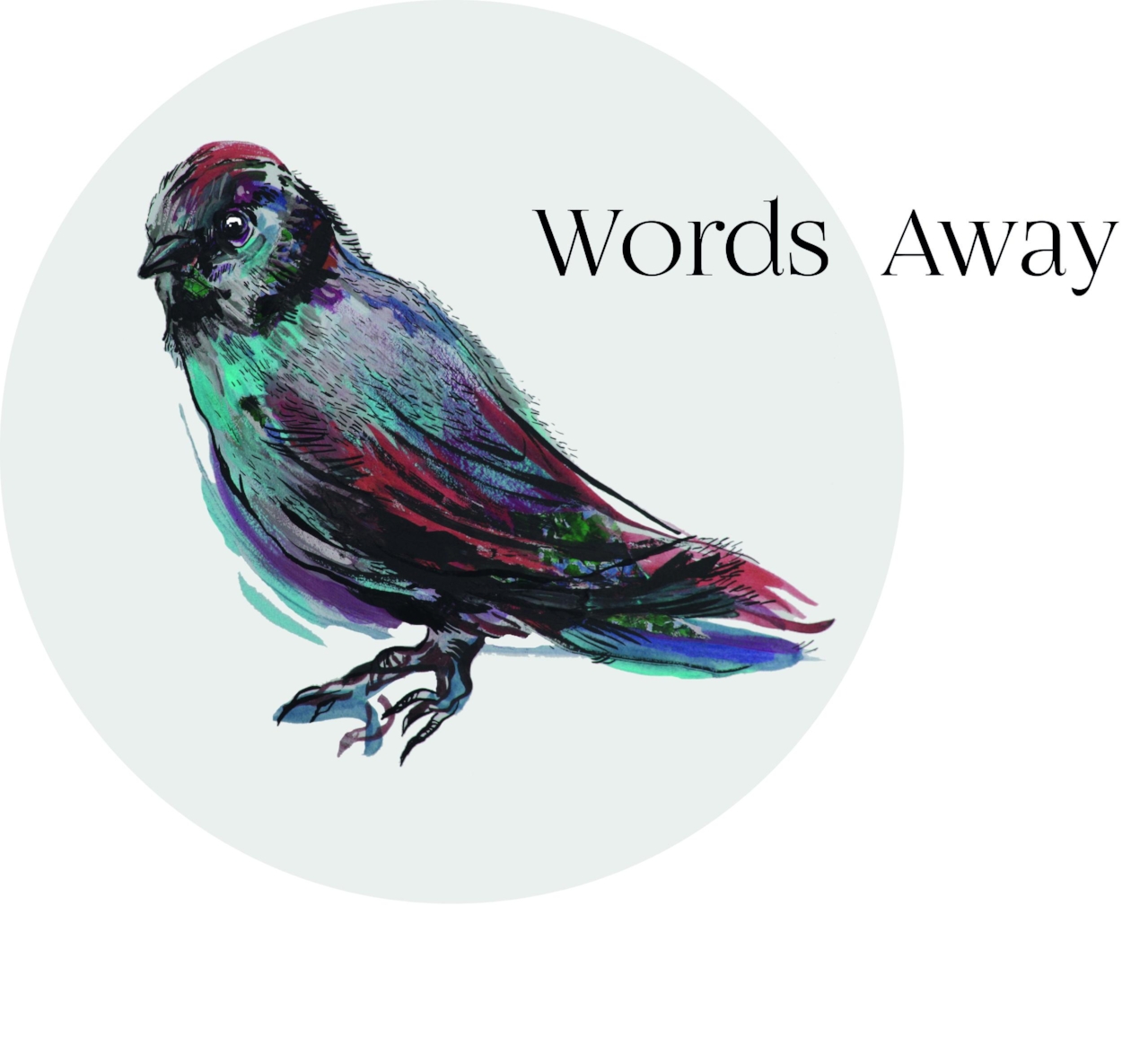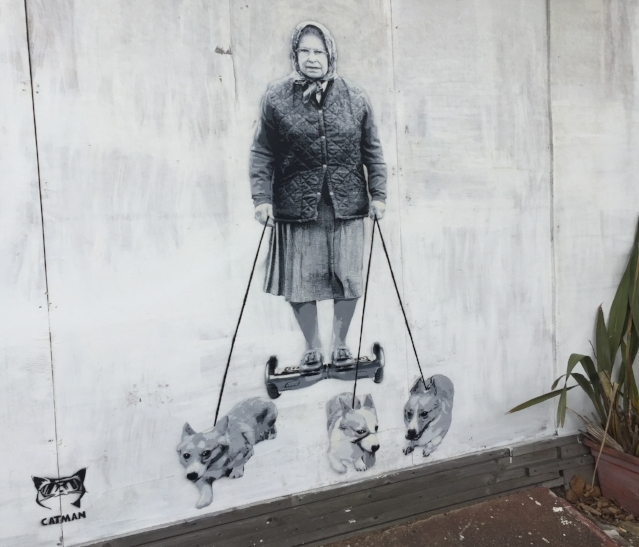Sitting in the Devon sunshine recently at the end of a seaside holiday, I listened to The Art of Editing, a Guardian Books podcast. If you've ever wondered what editors do all day, it's worth a listen. I really liked what editor and publisher Matt Weiland had to say, recounting his guiding editorial mantra,
Miles Davis, when he was asked how he composed his incredibly beautiful, spare compositions of the late 1950's said, he always listened for what he could best leave out.
Miles Davis in listening mode
As a writer, the idea of listening for the core of your story, to make every word count, resonated.
The podcast continued with various publishing professionals casting industry insight on the editor's role, both now and in the past. In today's information age, it seems a modern editor's lot is a plate spinning endeavour. An editor is not only a commissioner and project manger but a cheerleader too, keeping a gimlet eye on the market place whilst simultaneously gestating and delivering good books.
Gosh, I thought as I reclined in my deckchair and watched the seagulls circle overhead...
But what if you don't have an editor? Or even if you do, self editing is a necessary part of the writing process, a skill to practice and develop. Editor & Book Doctor, Andrew Wille, our inaugural Words Away guest, believes that all writers need to understand editing.
If you're a writer the most important developmental & structural editing is probably that that you do yourself during stages of drafting, revising and self-editing.
Setting out in his fantastic guide to key terms, Definitions of Editing, Andrew's blog written with kindness and humour is a brilliant resource, packed with thoughtful ways to approach your writing and your rewriting. "Tame your monkey mind," says Andrew in Working With Feedback On Your Writing. Easier said than done. There are occasions when you just need to down tools and take the dog for a walk or hit the yoga mat, so to speak.
Down tools, get outside and take a break.
"Be patient, mostly with yourself," he suggests but, "More than anything listen." And by that, I think Andrew means listen to your instincts, as opposed to your inner critic.
Self-editing: sometimes you need more, sometimes, like Miles Davis, you need less. Sometimes you need to experiment and play. Other times, you need to tame your brain and let the work breathe. As our resident expert, Emma Darwin writes in, When Do You Stop Revising?
It's not just that most of writing is in the re-writing, it's also that most of the learning is.
Therein lies the art.
Meanwhile, if you'd like to talk more about self-editing your fiction, with Andrew, Emma and me, followed by a bit of mingling and low-level carousing, please do come along to the lovely Tea House Theatre Cafe in Vauxhall on Monday 19th September at 7.30 p.m. for Make Your Novel Shine - Self-Editing Your Fiction, only £10 on the door or book online.
I hope to see you there.
Kellie
PS Emma, by the way, teaches a fab online Self-Editing Your Novel course with Debbie Alper through the Writers' Workshop.


